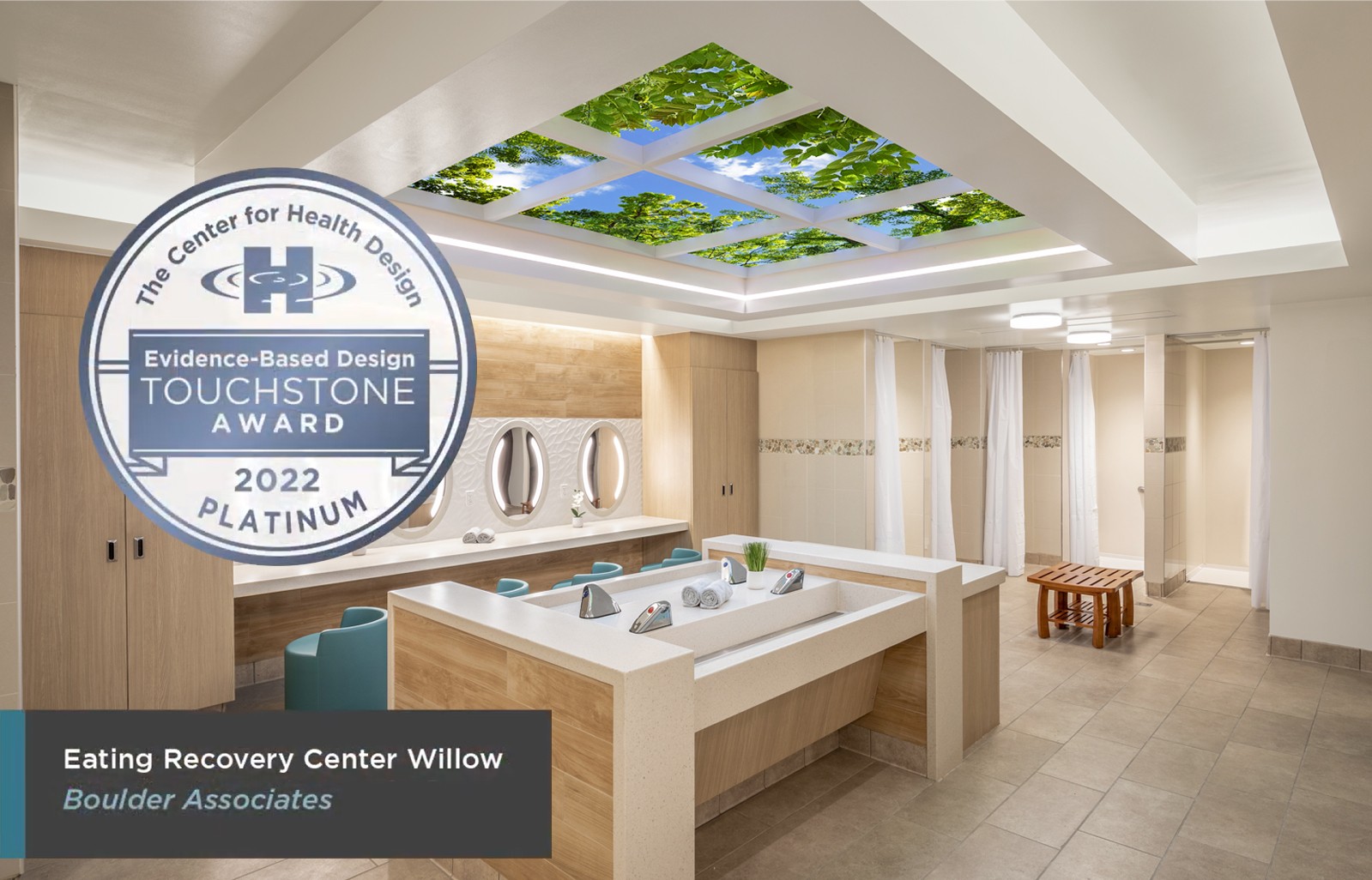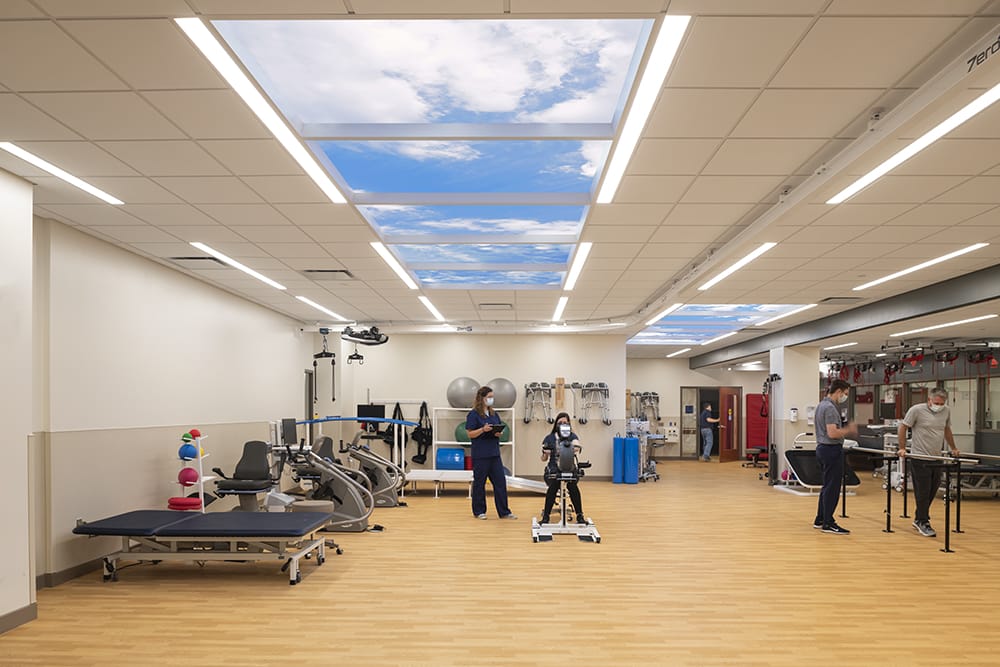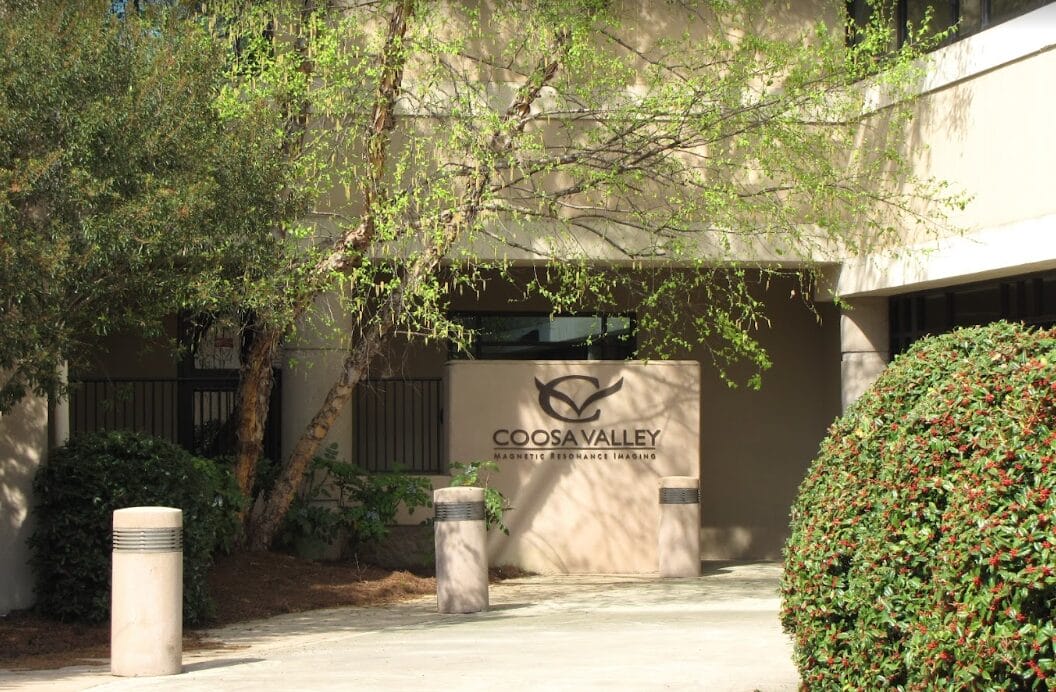On October 14th, The Center for Health Design bestowed its highest echelon of achievement in evidence-based design (EBD), the Touchstone Award—Platinum, to Eating Recovery Center—Willow, designed by Boulder Associates Architects. The Boulder-based firm that specializes in healthcare and senior living design earned the distinction for completion of this forward-thinking Inpatient Hospital project.
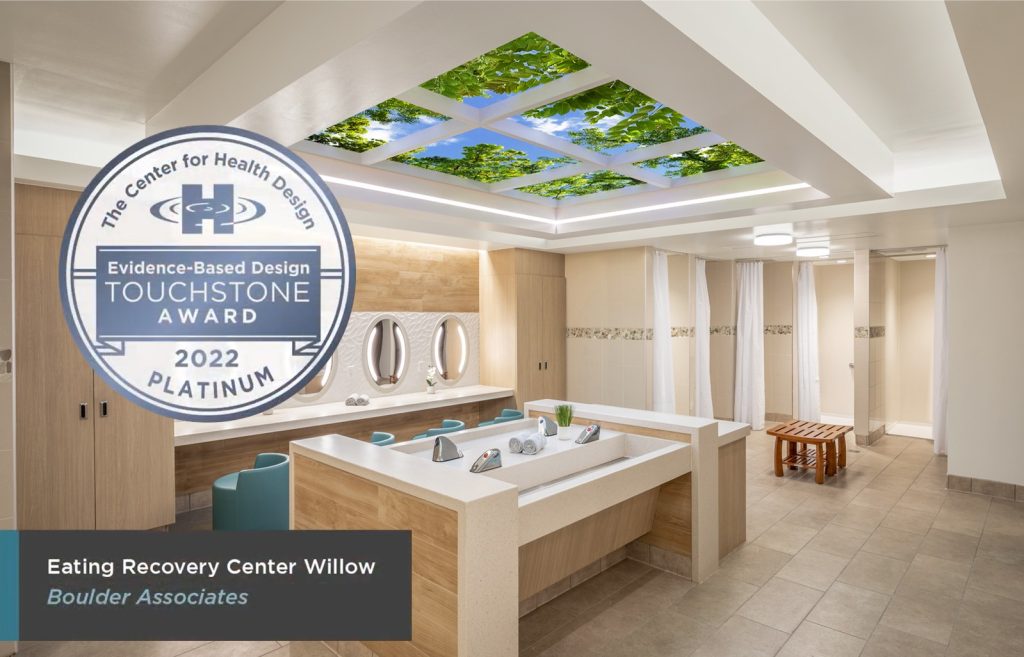
The 72-bed behavioral health facility specializes in treating eating disorders, offering both 24/7 medical support and evidence-based behavioral and cognitive therapies. At the facility, patients are encouraged to participate in the community’s supportive treatment programming. Therefore, the design of the environment of care plays an active role in providing safe, comforting spaces for patient recovery, as well providing the atmosphere needed to establish trust between clinical staff and resident patients.
“I went into the neuroscience research because I hypothesized that there might be an environmental correlate to eating disorders,” notes Meredith Banasiak, Director of Research at Boulder Associates.
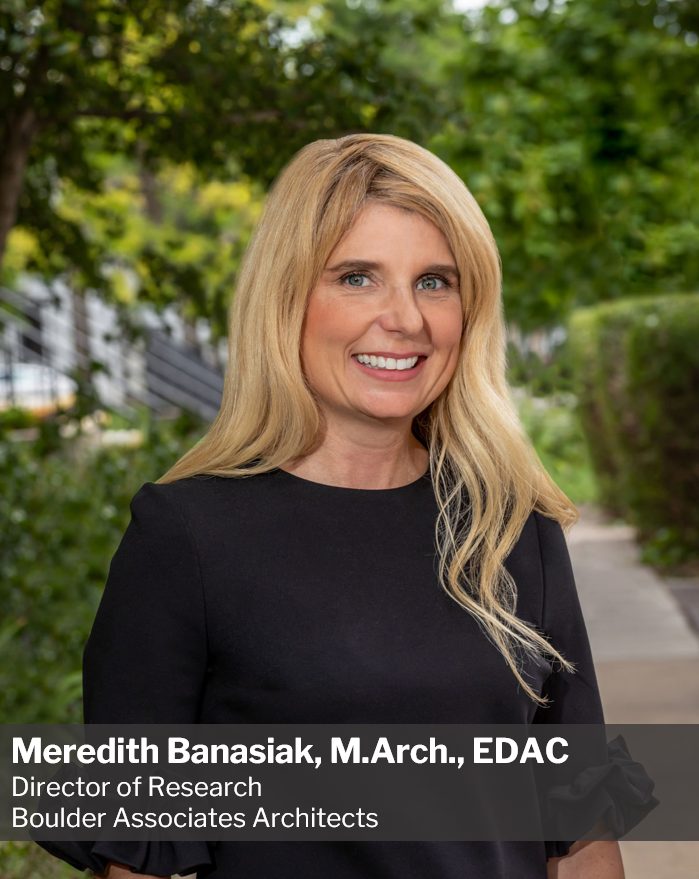
“Former patients of ERC reported feeling cramped or crowded in the dining area. Because evidence from neuroscience suggests that some persons with eating disorders may overestimate their body size, and misjudge distances between their body and other objects, the physical space, or people—we wondered if increasing the space between seats at dining tables, and decreasing the number of people in a dining room would help alleviate that sense of crowdedness and associated stress.”
Among the salient environmental features aimed at helping alleviate stress in the Eating Recover Center—Willow are Sky Factory’s Digital Cinema eSea, a gallery quality digital aquarium in the lobby, and a 6’ X 10’ Revelation SkyCeiling in the SPA bathroom. While the virtual aquarium delivers the positive outcomes associated with the presence of underwater environments in isolated interiors—including stress reduction, emotional relief, and relaxation, the SkyCeiling helps achieve another evidence-based design goal.
The Revelation SkyCeiling provides an attractive visual connection to nature in what otherwise can be a stressful space for the patients. Here, residents must regularly comply with a morning routine that includes collecting urine samples, toilet checks, weigh-ins, and vitals. The virtual skylight also infuses the space with spatial polarity, allowing residents to see themselves in relation to a perceived natural exterior.
The illusory sky engages peripheral vision, incorporating a therapeutic spatial experience that decompresses the isolated space. A biophilic illusion of nature may help reduce misperceptions about a resident’s body size simply by dissipating the stress associated with an enclosed interior that evokes emotionally-fraught, past behavioral associations.
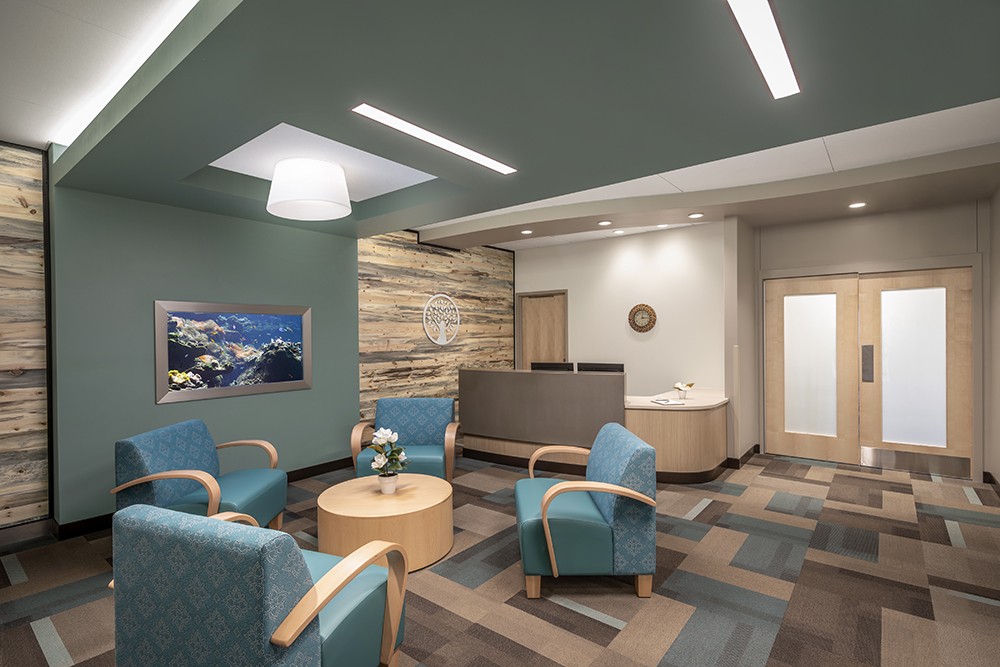
“It is important to make connections with evidence from neuroscience to better understand the environmental correlates of eating disorders. And we need more real-world studies evaluating person-place interactions for settings treating persons with eating disorders so that we can design better spaces,” emphasized Meredith.
Eating Recovery Center—Willow was one of only six projects to receive evidence-based design’s highest level of recognition—Platinum, out of the 2022 Class featuring 19 award-winners.
The Touchstone Award, which recognizes the exemplary use of the evidence-based design process, carries out a rigorous judging of project submissions by accomplished and renowned industry veterans. It represents the pinnacle of achievement for evidence-based practitioners, firms, and multi-disciplinary teams that exhibit proficiency across three touchstones—collaboration, evaluation, and sharing.
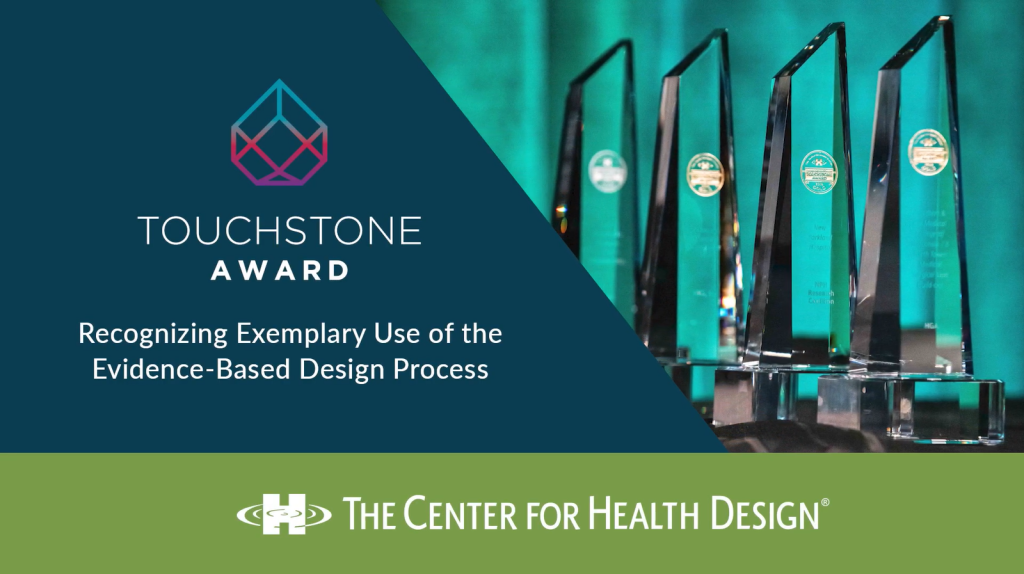
The nineteen award winners, including projects by HKS, HGA, and HDR, set a record for the most Touchstone Awards given by The Center for Health Design since its inception. On its site, The Center notes its proven track record of creating, launching and delivering programs that provide true value to the healthcare design industry—The Pebble Project, EDAC certification, the Affiliate Program, the HERD Journal, the Healthcare Design Expo & Conference, along with the largest collection of healthcare design research, best practices, resources and tools for today’s most urgent and challenging healthcare design issues.

